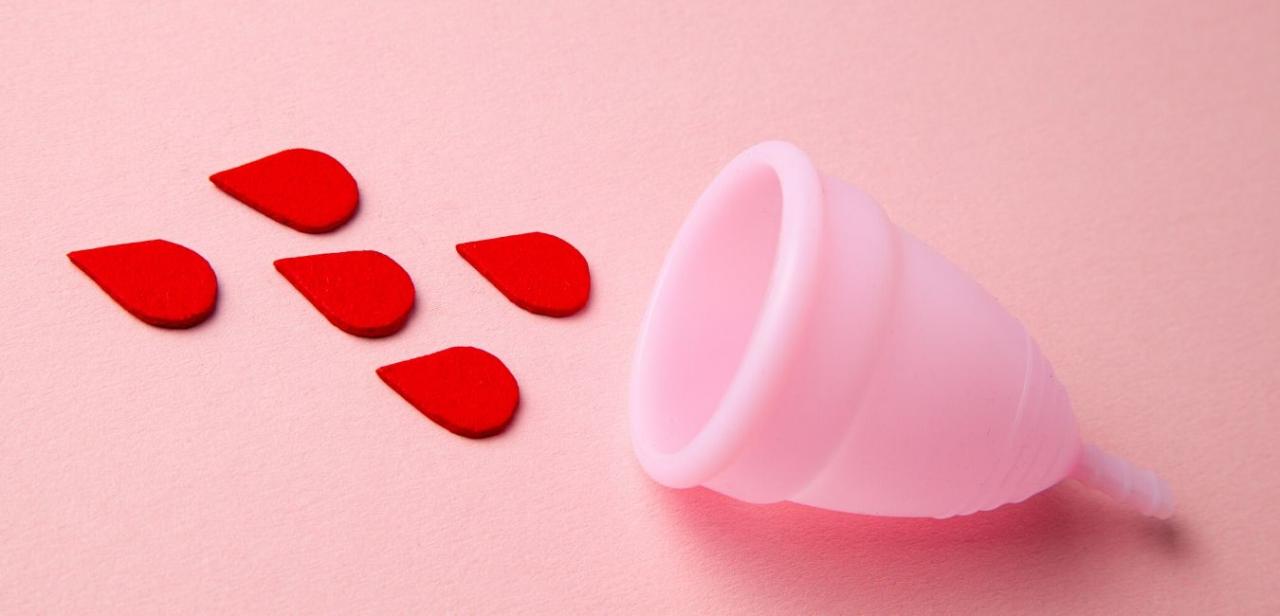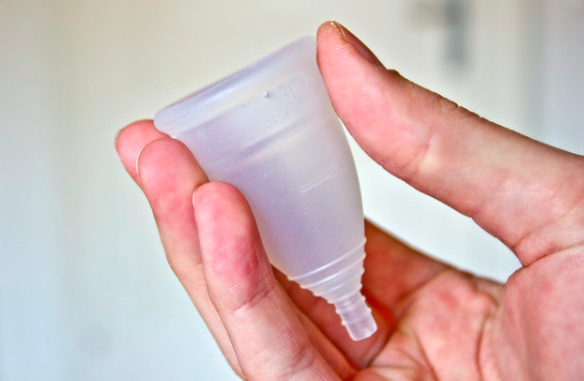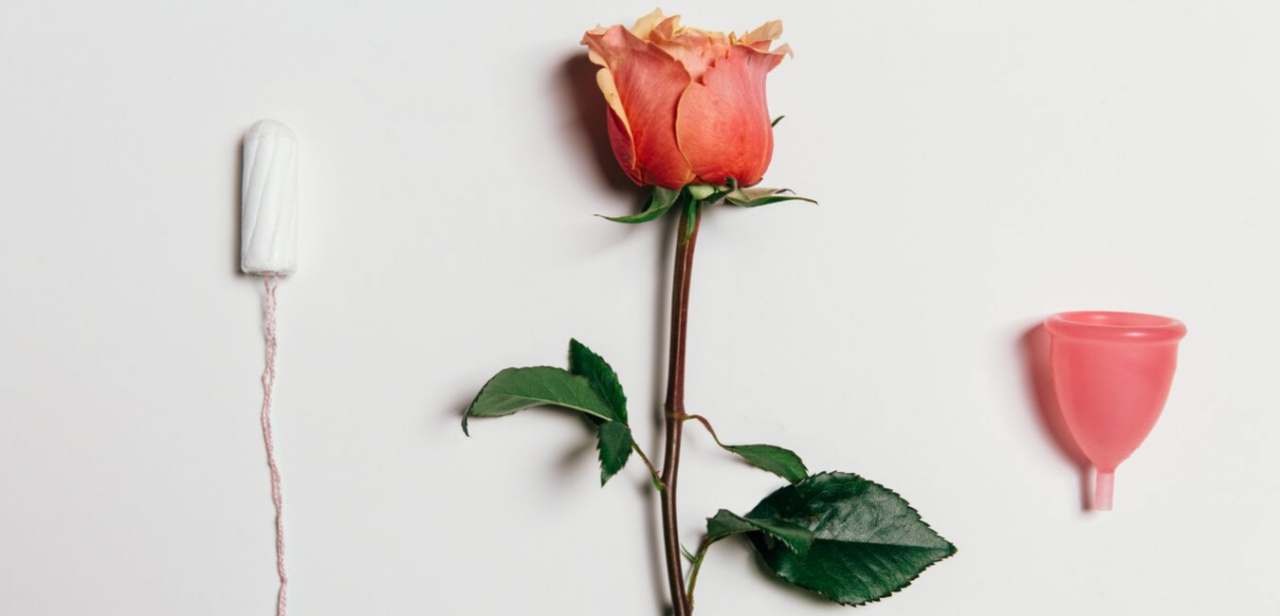 MonkeyBusiness Images/PhotoSpin
MonkeyBusiness Images/PhotoSpin
Absent periods are referred to as amenorrhea. There are two types of amenorrhea, primary and secondary.
Primary Amenorrhea
Primary amenorrhea is when, as a teenage girl, your periods never start. Normally, menstruation can begin at any time between the 8 and 16 years old, with the average age in the United States being 12 years old.
So if you’ve turned 17 and you haven’t started yet, you should go to the doctor for further investigations.
If you haven’t had any kind of sexual development (i.e. breast growth and pubic hair) by the age of 14, you should also seek medical advice.
You aren’t alone, as primary amenorrhea happens to 3 in every 1,000 girls. Reasons for primary amenorrhea are:
• Pregnancy
A lot of girls believe that you can’t get pregnant if you haven’t started your period yet but this isn’t true. If you go through your first ovulation and have sexual intercourse with a boy, you can get pregnant before the arrival of your first period.
• Diseases of the pituitary gland
The pituitary gland controls hormone production and these hormones are an instruction manual for your body. They tell it what to do. If there is something wrong with the gland and with hormone production, then your body doesn’t receive the right instructions for starting your period.
• Gonadal dysgenesis
This is the most common reason that a girl may not start her period. This is a condition where the ovaries are depleted of follicles and eggs. It can lead to premature ovarian failure before the first period can even begin.
• Genetic conditions such as Turner syndrome
In Turner syndrome the girl is lacking one of her X chromosomes, or part of a chromosome. This results in scar tissue formation over the ovaries. Not enough estrogen is produced, preventing periods from occurring. Girls with Turner syndrome may not have fully developed genitals or breasts.
• Polycystic ovarian syndrome
This is a condition where cysts develop on the ovaries. It may prevent ovulation or cause irregular ovulation.
• Eating disorders
Girls who have eating disorders such as anorexia may not start their periods because they do not have enough nutrients for their body to work properly. Extreme weight loss and lack of nutrition will affect hormones that in turn affect bodily functions. Very vigorous exercise can also delay your period.
• Androgen insensitivity
This is a very rare cause of primary amenorrhea. The person has XY (male) chromosomes but the body fails to respond to testosterone and so does not develop external male genitalia. They are thought to be female, when in fact, genetically they are male.
Secondary Amenorrhea
Secondary amenorrhea is when a girl goes through puberty normally and has her periods. She may even have children in adulthood, but then experience a premature cessation of her periods.
Reasons for this are varied. Examples include:
• Severe illness and/or medications
Being seriously ill can stop your menstruation as can some medications.
• Too much exercise
Exercise is good for you but there is the possibility of having too much of a good thing, particularly if you normally don’t get a lot of exercise. This can cause rapid changes in hormone levels that can stop the menstrual cycle. It may also occur if you have suddenly lost a lot of weight or gained it.
• Stress
Any traumatic event, the death of a family member, divorce or traffic accident can stop your menstrual cycle. Even more minor events and happy occasions such as weddings and moving house can be enough to disrupt your cycle.
• Tumors
These can result in increased production of prolactin, the milk hormone, and stop your periods.
• Thyroid disorders
Thyroid disorders can result in hormone problems and can stop your periods.
• The contraceptive pill
If you have recently stopped taking the contraceptive pill it could be up to three months before your period returns. If your period hasn’t returned after that time, you should see a doctor.
• Premature Ovarian Failure
This is early menopause before the age of 40, and sometimes as early as the teens. The ovaries stop functioning. As women can no longer ovulate, they don’t have periods.
• Breastfeeding
Breastfeeding can prevent periods. Your period may not return until the baby has stopped breastfeeding. This is perfectly normal.
• Asherman’s syndrome
If you have had dilation and curettage (D and C) after miscarriage or childbirth, or surgery such as fibroid removal or caesarean section, this may result in an extensive scarring of the uterus. The uterus may become completely scarred shut due to scar tissue. This cuts off the exit for your menstrual blood and you may cease to menstruate.
Sources:
Amenorrhea, Medicine Net. Web. 22nd August 2012 -
http://www.medicinenet.com/amenorrhea/article.htm
Amenorrhoea, Introduction. WebMD. Web. 22nd August 2012 -
http://www.webmd.boots.com/women/tc/amenorrhoea-introduction
Pre-Period Panic, The Site. Web. 22nd August 2012 -
http://www.thesite.org/sexandrelationships/askthesiteqandas/sexualhealthqandas/preperiodpanic
Turner Syndrome and the Ovaries, E Med TV. Web. 22nd August 2012 -
http://genetics.emedtv.com/turner-syndrome/turner-syndrome-and-the-ovaries.html
Reviewed August 22, 2012
by Michele Blacksberg RN
Edited by Jody Smith






Add a CommentComments
There are no comments yet. Be the first one and get the conversation started!